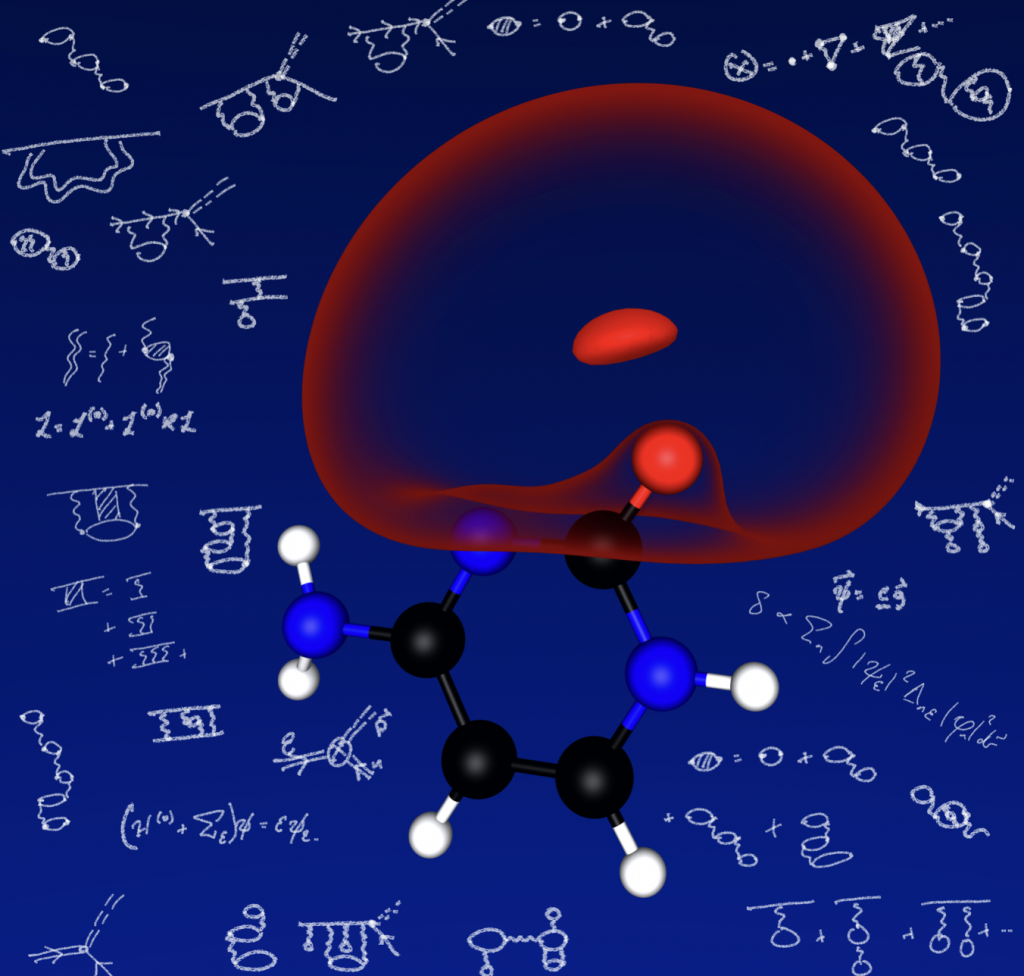We are a young group funded by the European Research Council, based in the Centre for Light-Matter Interactions, School of Mathematics and Physics, Queen’s University Belfast. We are a family-friendly and diversity-friendly group. Join us!
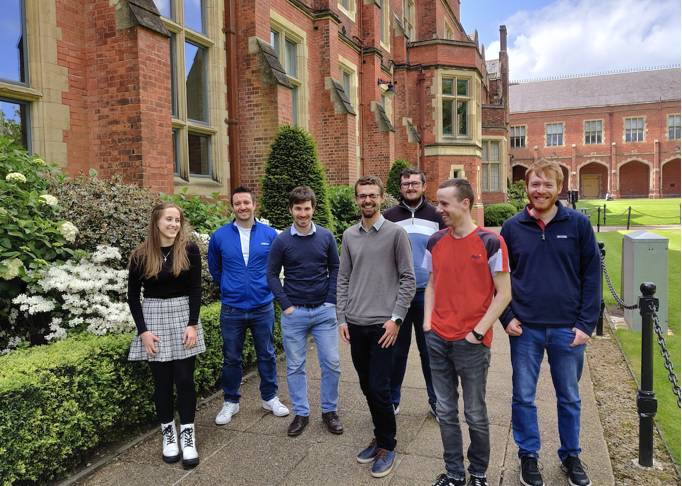
Group leader: Dr Dermot Green
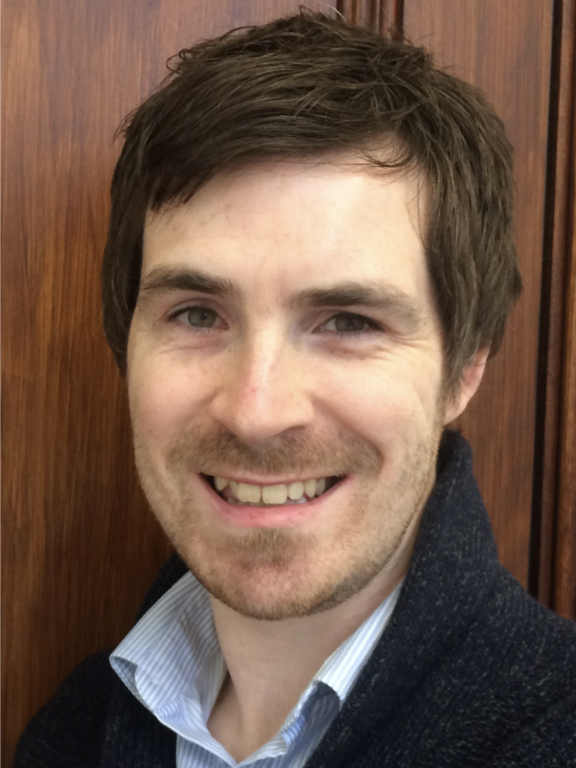
Dermot is a (full/chaired) Professor of Theoretical Physics and Chemistry at Queen’s University Belfast. He currently holds a European Research Council Consolidator Grant (2025-2030), and previously an ERC Starting Grant and an EPSRC Fellowship in Theoretical Physics (2015-2019). He is a member of the UK Institute of Physics Council of Trustees, Chair of the Board of Directors of the Institute of Physics of Ireland etc.
He has broad interests in theoretical and computational physics that include:
* Diagrammatic many-body theory
* Theory of positron and positronium interactions with matter
* Theory of atomic and molecular collisions
* Quantum chaos
* Ultra-intense laser plasma interactions/strong-field QED.
For more details including a brief CV click here.Dermot Green
Current group members
Senior Research Fellows
Dr Andrew Swann
PhD students
- Tiarnan Smyth (October 2024-)
- Taylor Scott (October 2025-)
Research Software Professionals
Dr Brian Cunningham
Alumni: Research Fellows
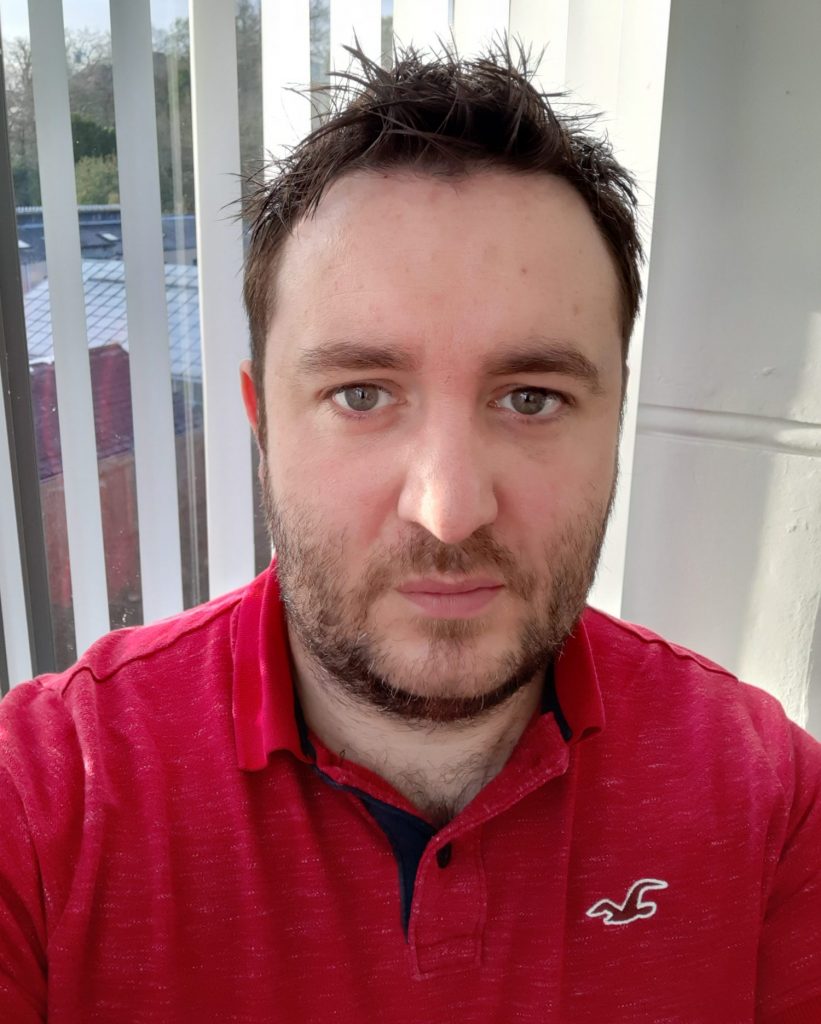
Dr Brian Cunningham (group member 04/2019 — 06/2024) now Research Software Engineer at QUB.
Brian is a lead developer of our EXCITON+ code for positron interactions with molecules and condensed matter. He graduated MSci and PhD from Queen’s University Belfast. He has expertise in computational condensed matter physics. He previously incorporated vertex corrections in the Questaal code.
Brian is a lead developer of our EXCITON+ code for positron interactions with molecules and condensed matter. He graduated MSci and PhD from Queen’s University Belfast. He has expertise in computational condensed matter physics. He previously incorporated vertex corrections in the Questaal code.
He was official Assistant Supervisor for PhD graduate Dr Jaroslav Hofierka. Brian was awarded the 2023 QUB Postdoctoral Development Centre Research Prize. He is now a Research Software Engineer at Queen’s University’s High-Performance Computing team.
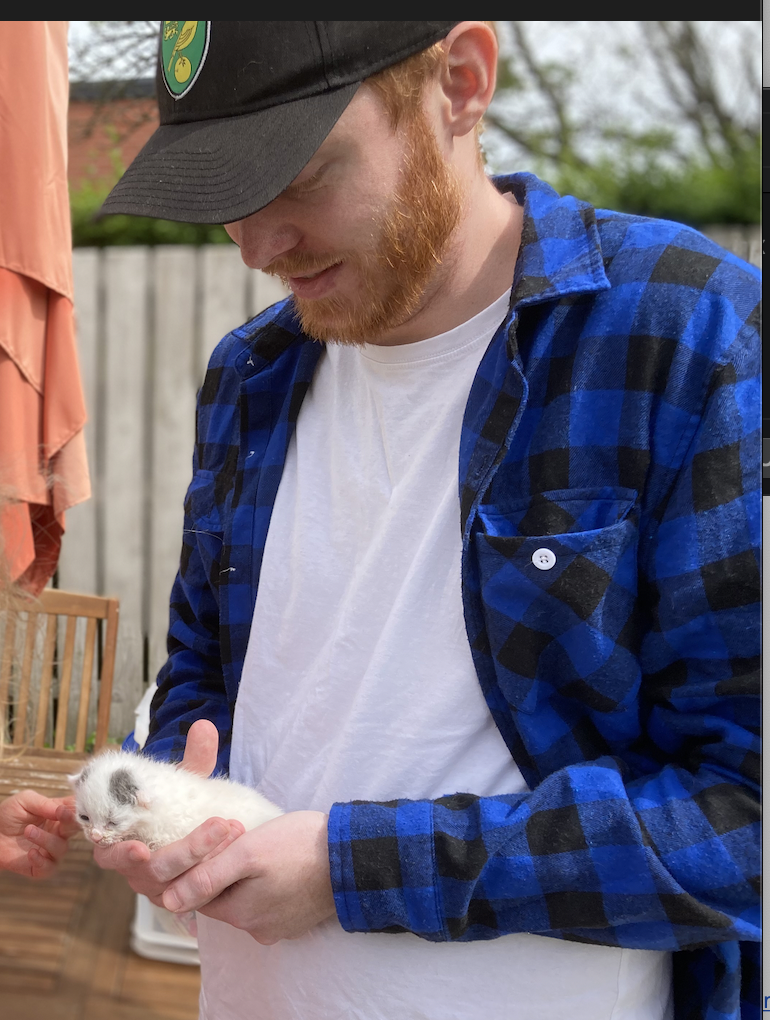
Dr Charlie Rawlins (group member 10/2019 —2022), now Research Fellow at QUB.
Charlie joined the group following a BSc in nanotechnology and PhD in theoretical physics from Curtin University in Perth, Australia with the theoretical physics group headed by Igor Bray, Alisher Kadyrov and Dmitri Fursa. His thesis concerned positron and positronium scattering on atoms with a focus on anti-hydrogen formation. He has expertise in theoretical atomic physics and positronium. With us he worked on many-body theory for positron-molecule interactions, notably being first-author on a PRL for positron scattering and annihilation in H2, N2 and CH4. He successfully obtained a 4-year position on a US-Ireland project in molecular dynamics at QUB.
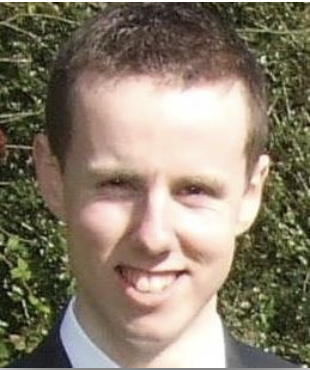
Dr Andrew Swann [alumnus]
(group member 10/2020-08/2022, Visiting Scholar 2023-2024), now a Mathematics Teacher at Belfast Royal Academy Grammar School.
Andrew graduated MSci Mathematics (receiving the Royal Irish Academy “Hamilton Prize” for the best mathematics students in Ireland, in addition to numerous QUB examination prizes) and PhD in Theoretical Atomic Physics from Queen’s. He has expertise in theoretical and computational atomic and molecular physics, including positron and positronium interactions with atoms and molecules. He has made significant contributions to our EXCITON+ code, including developing capability to calculate the Doppler-shifted spectrum of gamma rays emitted during positron annihilation with atomic/molecular electrons (paper in preparation). He also developed our ANTICOOL Monte Carlo code to model positron cooling in the buffer gases N2 and CH4 (used ubiquitously in positron traps) including positron-positron interactions and showing their effect on the positron momentum distribution and cooling dynamics. He is currently undertaking a Postgraduate Certificate in Education (PGCE) at QUB to qualify as a Mathematics teacher.
Alumni: PhD graduates
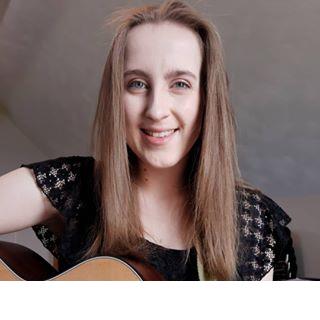
- Dr Sarah Gregg
PhD (succesful viva defence, Feb 21 2025; awaiting graduation summer 2025)
Sarah graduated 1st-class MSci Theoretical Physics, obtaining the Raymond Flannery prize (for top student in Applied Mathematics or Theoretical Physics) and the William Blair Morton prize (for best undergraduate research project). She joined the group in Oct 2021. Sarah developed and applied many-body theory methods for positron binding, scattering and annihilation gamma spectra on molecules. She is a member (PhD representative) of the Institute of Physics Ireland Committee.
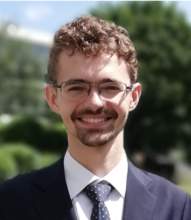
- Dr Jaroslav Hofierka
PhD (10/2019 — 12/2024); now (12/2024-) a postdoc with Prof Lorenz Cederbaum at the University of Heidelberg (Germany).
Jaroslav obtained a BSc in Physics and Masters degrees in Theoretical physics at the Charles University, Prague, Czech Republic. During his PhD he developed ab initio methods for positron-molecule interactions, in particular positron binding to molecules in our EXCITON+ code.
Jaroslav was awarded first-prize in the 2024 Milan-Odenhal award of the Czech Physical Society for outstanding research by those under 30, “for his contrbutions to developing the pioneering many-body theory description of positron-molecule interactions”.
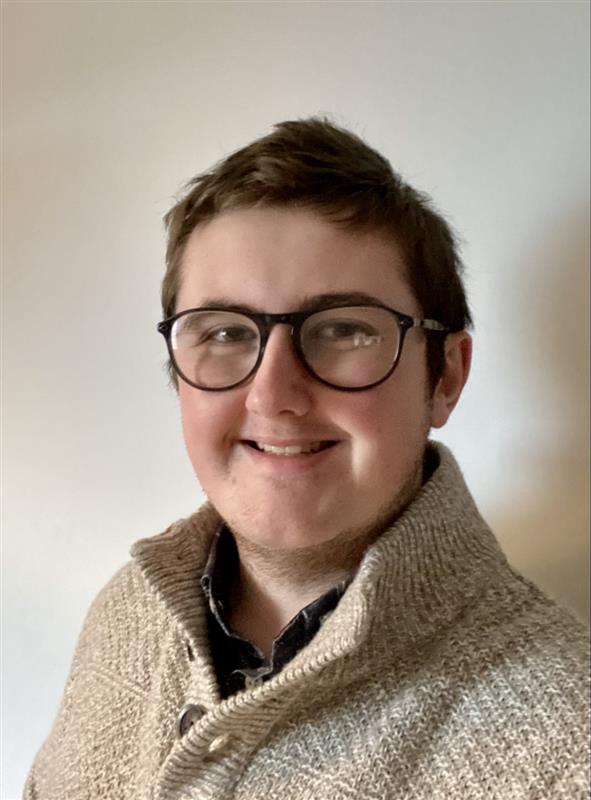
- Dr Jack Cassidy
PhD (10/2020 — 06/2024); now a Statistician at the Northern Ireland Statistical Research Agency (NISRA).
Jack was born and raised in Belfast, graduating 1st class Applied Mathematics and Physics at Queen’s (2020), receiving the William Blair Morton Prize and the Philip Burke Memorial Award. He obtained Associate Fellowship of the Higher Education Academy in 2022. His PhD focussed on developing and applying ab initio many-body theory to explain trends in positron binding energies in molecular families, extending the many-body theory to annihilation gamma spectra in molecules, and calculating the stability of positronic-bonded molecules (e.g., predicting the stability of new positronic-bonded molecular dianions).

- Dr David Waide
PhD in Theoretical Physics, graduated 04 July 2023, then a Research Associate in the Electronic Structure Group, School of Physics, Trinity College Dublin.
Thesis title “Many-body theory of positron interactions with atoms and atomic clusters”.

- Dr Chris Emerson: graduated PhD in Pharmacy 2020; primary supervisor Prof. Jonathon Coulter (QUB Pharmacy); second supervisor Dr Dermot Green. Now a Scientist at Celerion.
Alumni: MSci Applied Mathematics and Theoretical Physics students
- 2024/2025: Taylor Scott and James Craig
- 2023/2024: Tiarnan Smyth
- 2022/2023: Holly Lavery
- 2022/2023: Martin-Lee Mullan
- 2020/2021: Joshua Morrow
- 2019/2020: Matthew Clark
- 2017/2018: Ryan Duddy (Moved to PhD in QUB).
- 2016/2017: Aran O’Hare (Moved to PhD in University College London).
- 2016/2017: Patrick Mullan (Awarded QUB prize for best MSci Physics project, then PhD student at CERN ALPHA/Swansea University in antihydrogen, and now Postdoc at ETH Zurich. Photo of Patrick below from POSMOL 2019, Serbia).
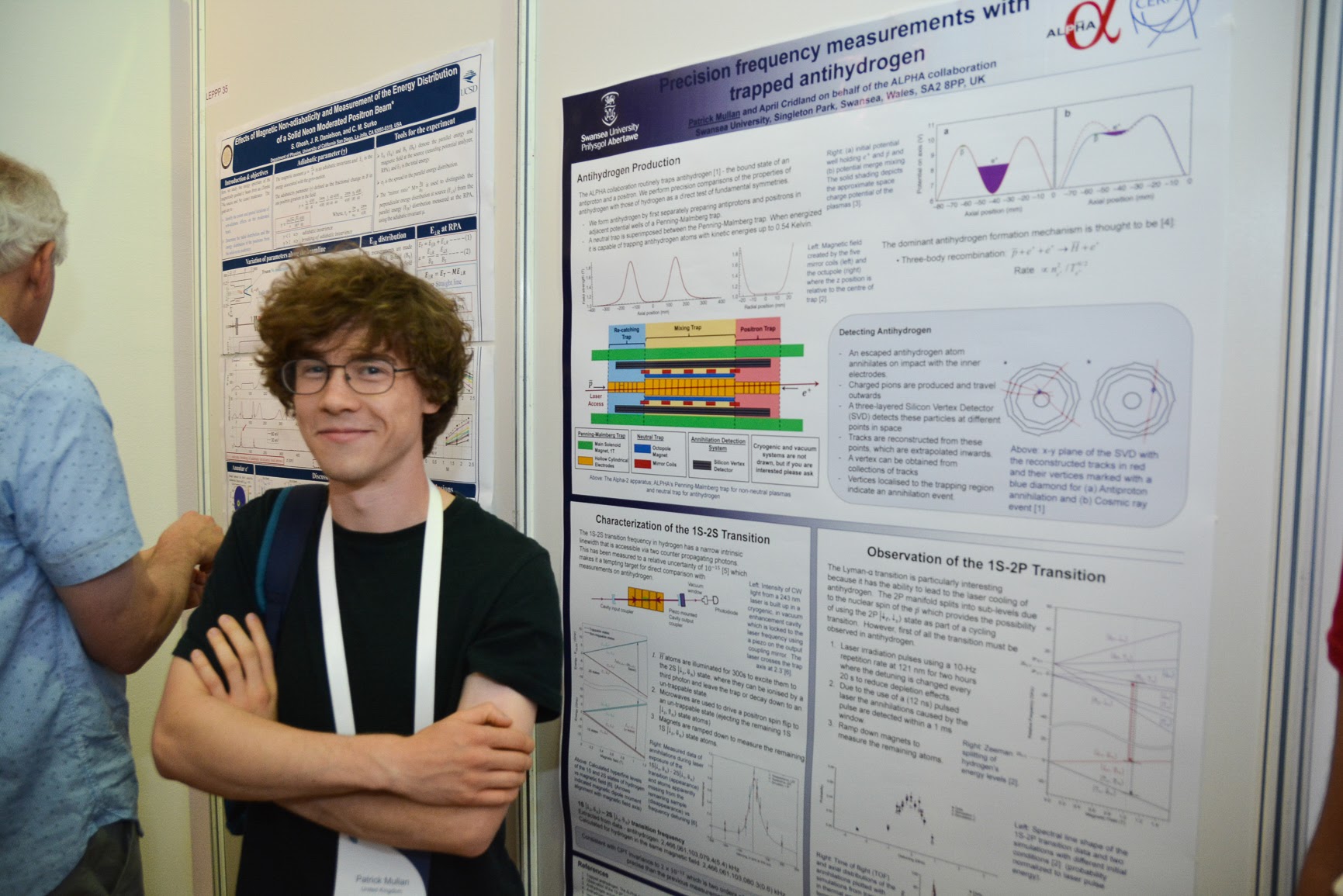
Honorary group members
R. Green (born 2018), O. Green (born 2019) and N. Green (born 2021)
They are currently developing a theory of everything. They have expertise in roaring like lions and dinosaurs, constructing with lego, and having fun.
